68+ Sales Contract Samples
-
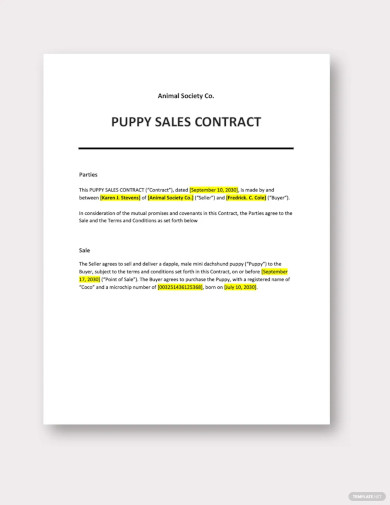
Puppy Sales Contract Template
download now -
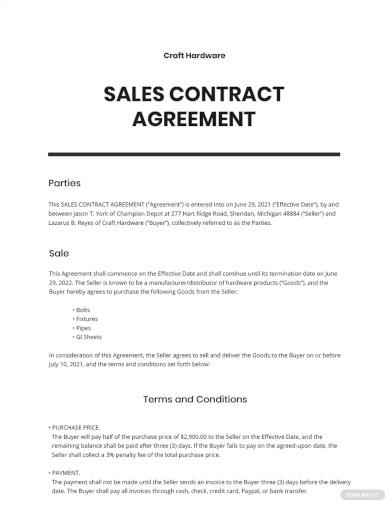
Sales Contract Agreement Template
download now -
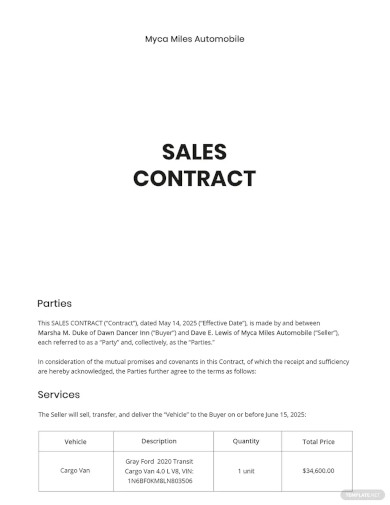
Sales Contract Template
download now -
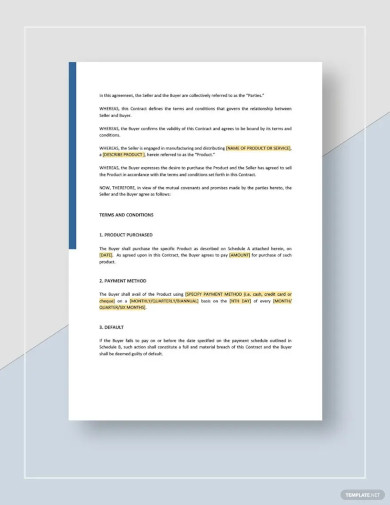
General Sales Contract Template
download now -
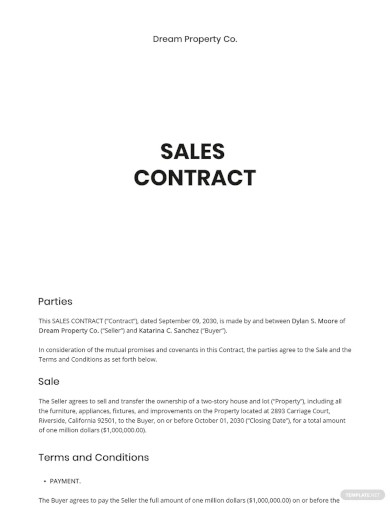
Sample Sales Contract Template
download now -
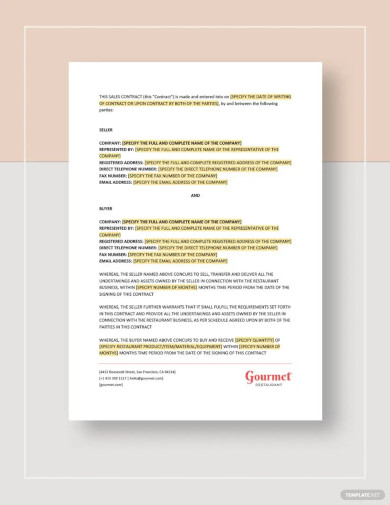
Restaurant Sales Contract Template
download now -
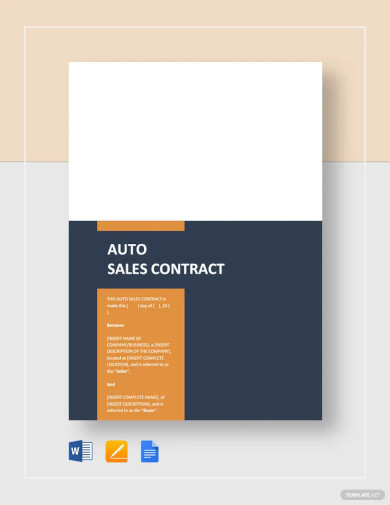
Auto Sales Contract Template
download now -
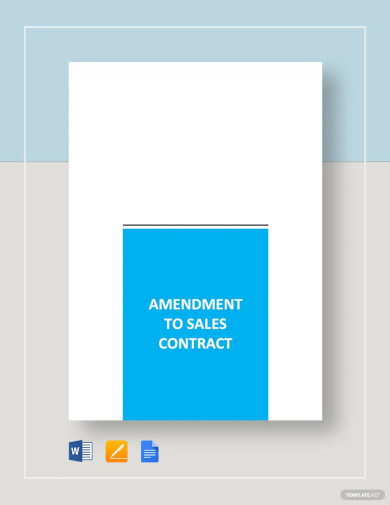
Amendment to Sales Contract Template
download now -
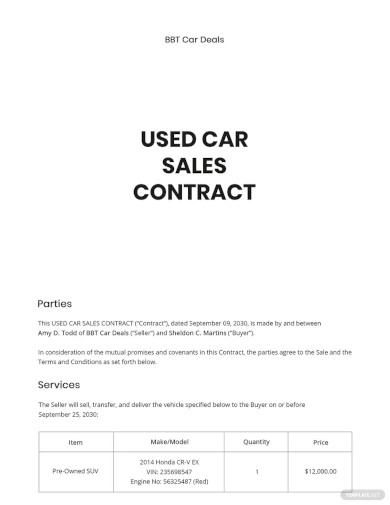
Free Used Car Sales Contract Template
download now -

Real Estate Purchase & Sales Contract Template
download now -
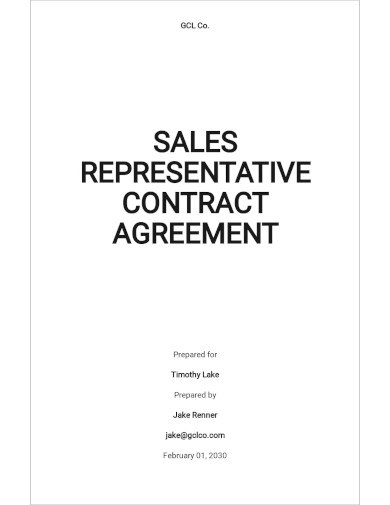
Sales Representative Contract Agreement Template
download now -
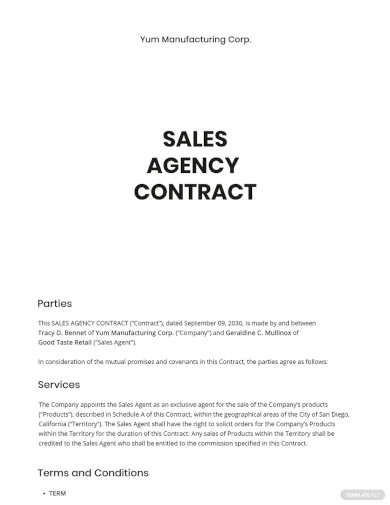
Sales Agency Contract Template
download now -
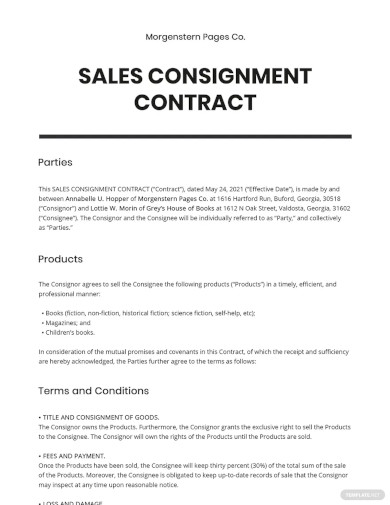
Sales Consignment Contract Template
download now -
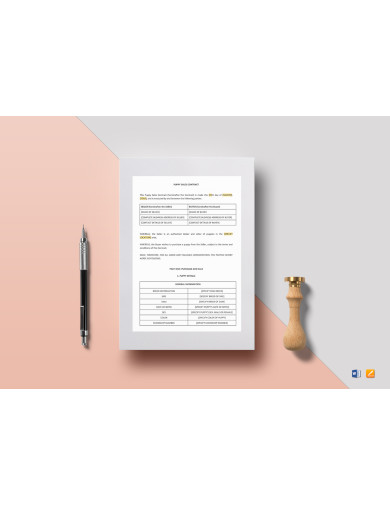
Sample Puppy Sales Contract Template
download now -

Basic Sales Contract Template
download now -
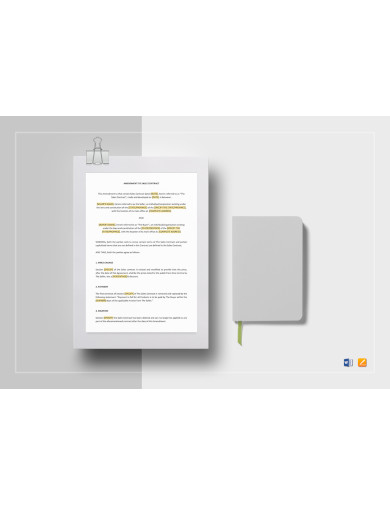
Standard Amendment to Sales Contract Template
download now -
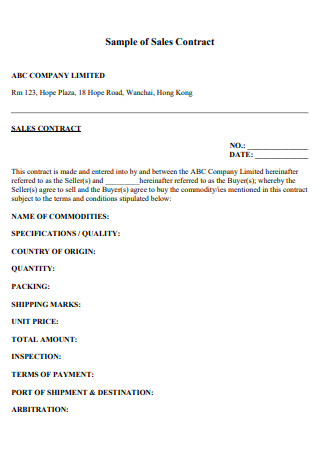
Sample of Sales Contract
download now -
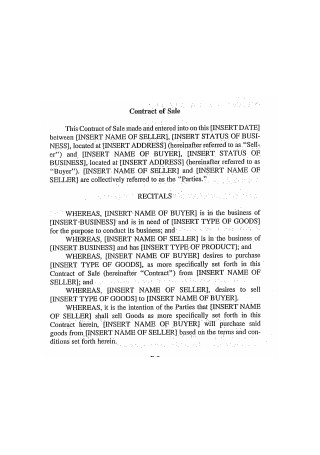
Contract of Sale
download now -
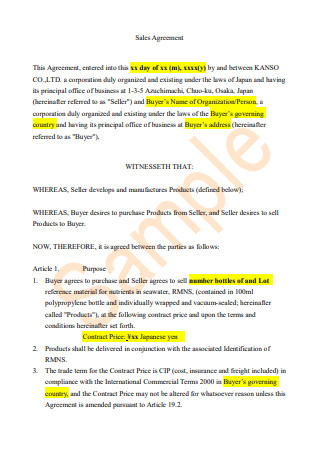
Sales Agreement
download now -
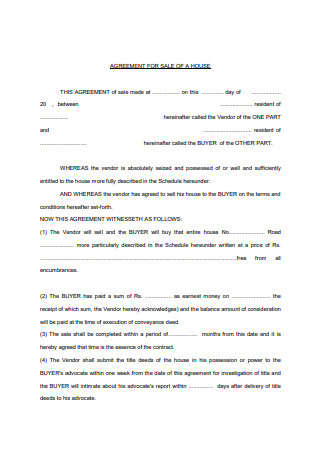
Agreement for Sale of a House form
download now -
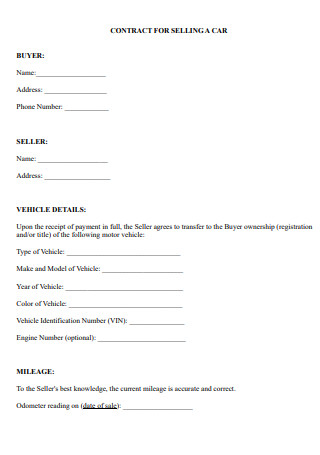
Contract for Selling a Car
download now -
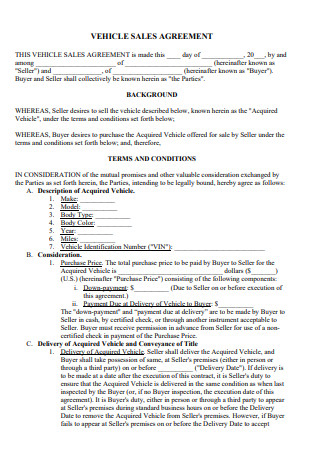
Vehicle Sales Agreement
download now -
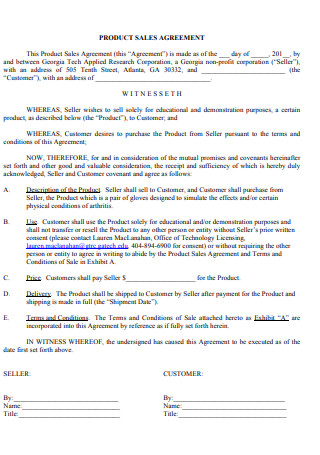
Business Product Sales Agreement
download now -
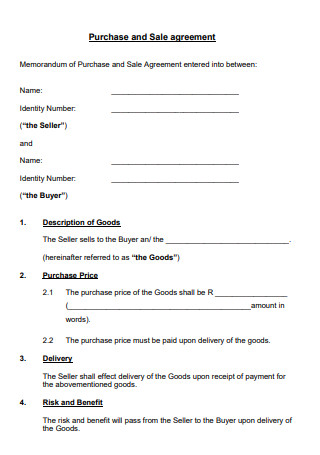
Printable Purchase and Sale Agreement
download now -
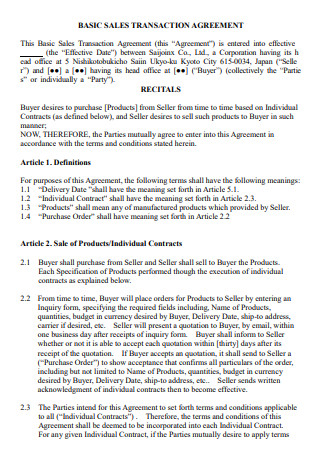
Basic Sales Transaction Agreement
download now -
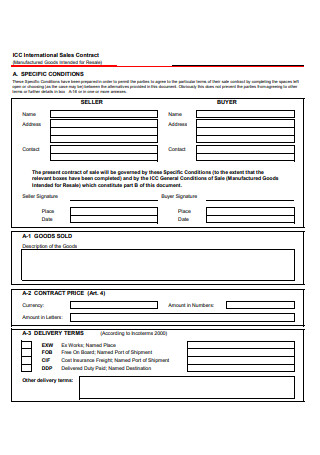
International Blank Sales Contract
download now -
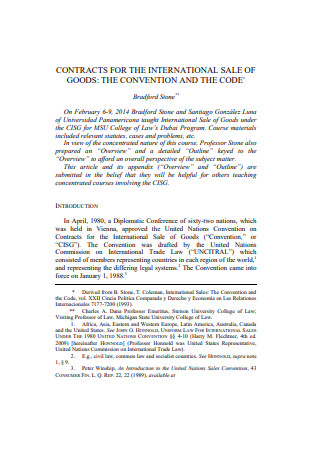
Contract for the International Sale of Good
download now -
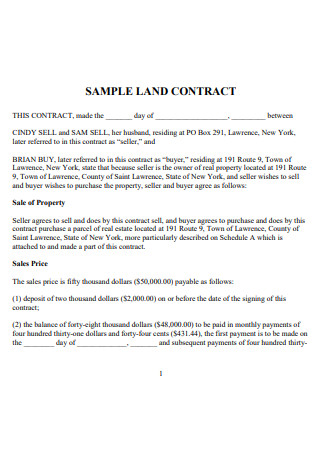
Sample Mortgage Land Sale Contract
download now -
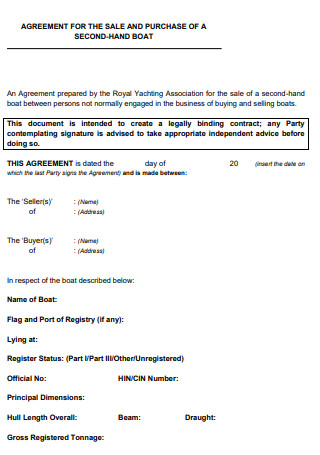
Agreement for the Export Sale
download now -
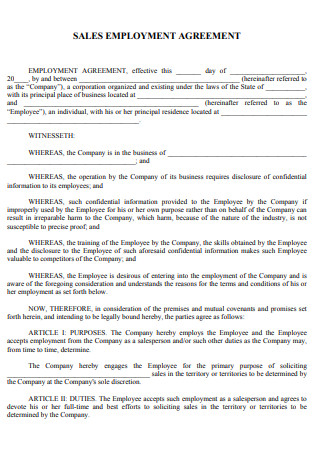
Sale Installment Agreement
download now -
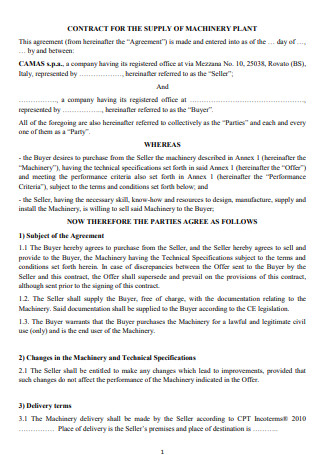
Contract for the Private Car Sale
download now -
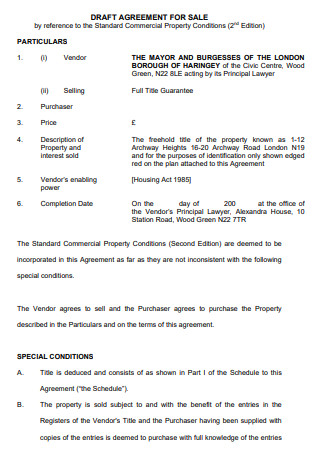
Draft Mobile Home Agreement for Sale
download now -
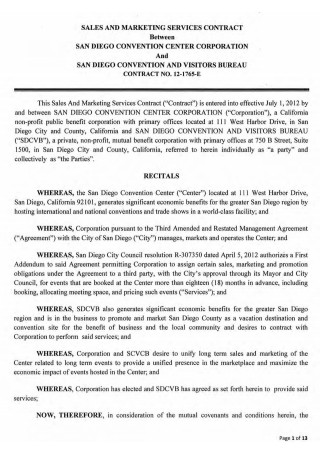
Sales and Marketing Service Contract
download now -
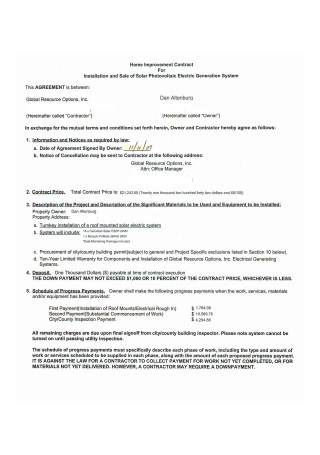
Home Improvement Equipment Contract
download now -
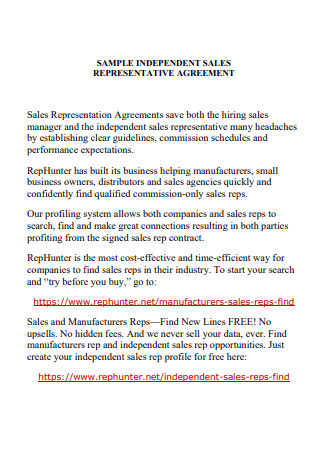
Independent Sales Commission Representative Agreement
download now -
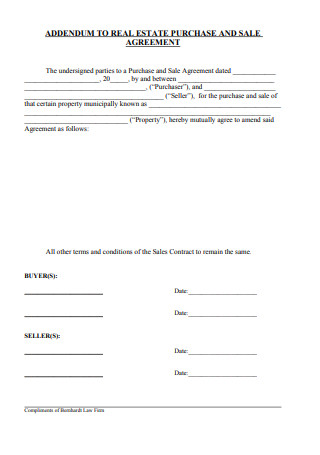
Addendum to Real Estate Purchase and Sale Agreement
download now -
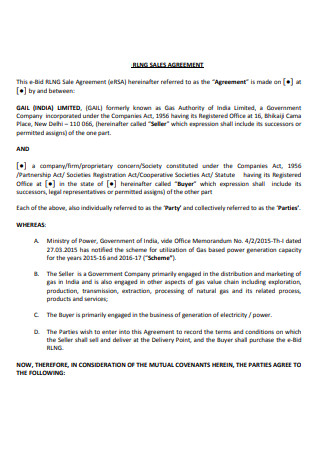
Basic Sale Import Agreement
download now -
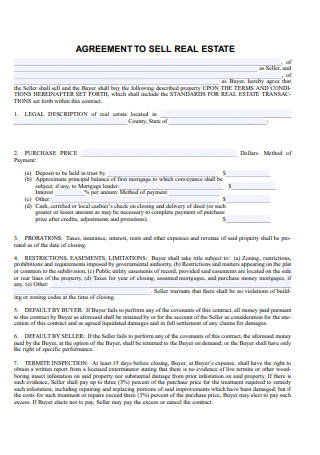
Agreement to Sell Real Estate
download now -
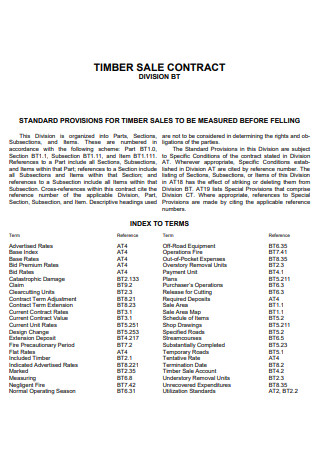
Timber Sale Agreement
download now -
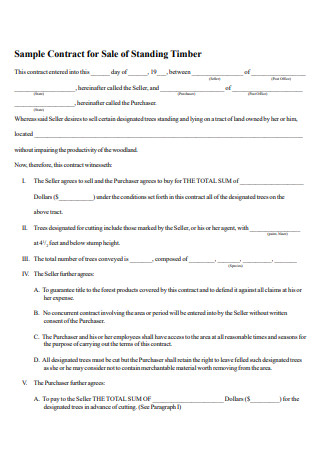
Sample Contract for Sale of Standing Timber
download now -
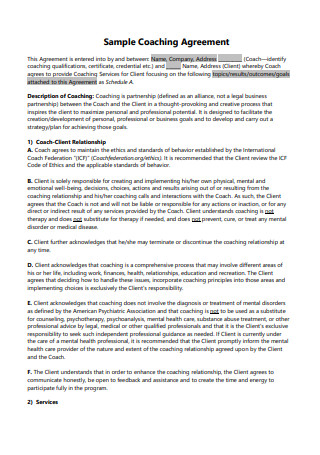
Sample Coaching Agreement
download now -
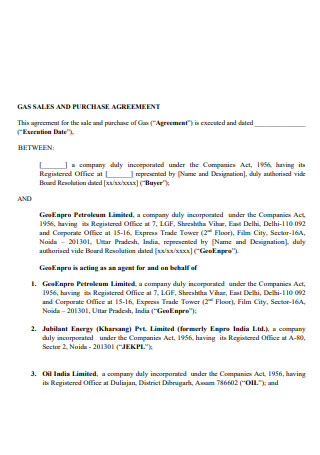
Gas Sales and Purchase Agreement
download now -
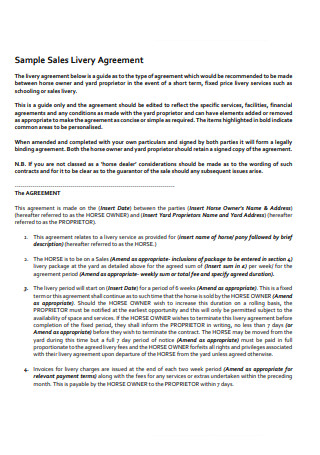
Sample Sales Livery Agreement
download now -
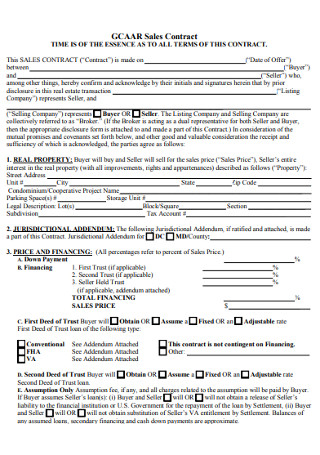
Real Property Sale Contract
download now -
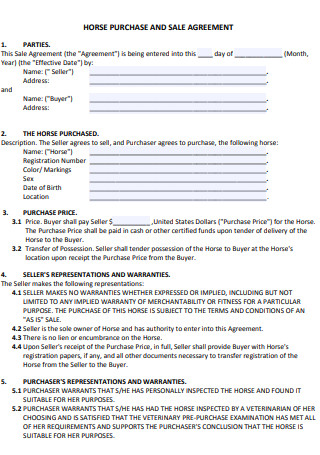
Horse Purchase and Sale Agreement
download now -
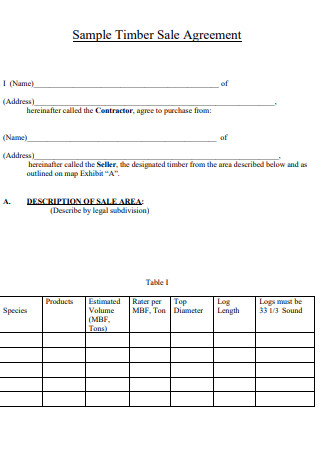
Sample Timber Sale Agreement
download now -
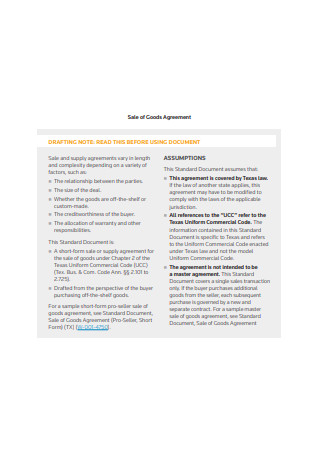
Sale of Goods Agreement
download now -
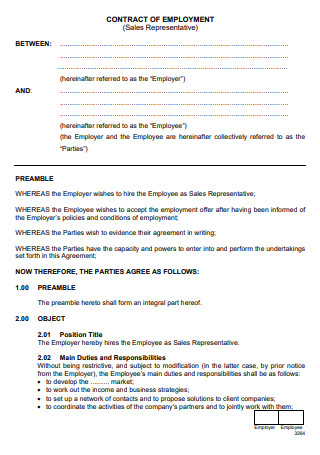
Contract of Sales Employment
download now -
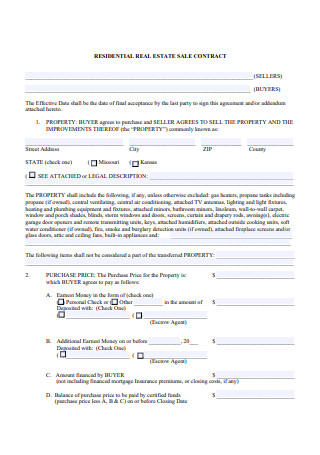
Residential Real Estate Sale Contract
download now -
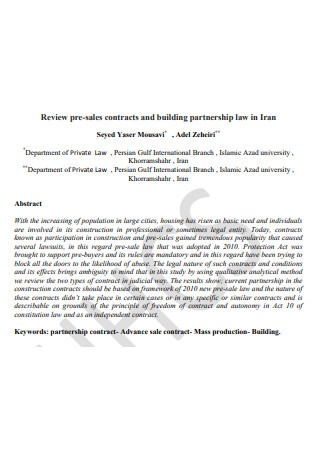
Review pre-sales contracts and building partnership
download now -
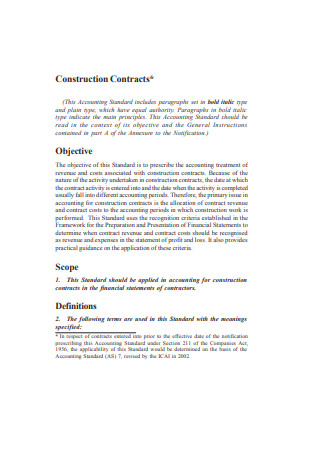
Construction Contracts
download now -
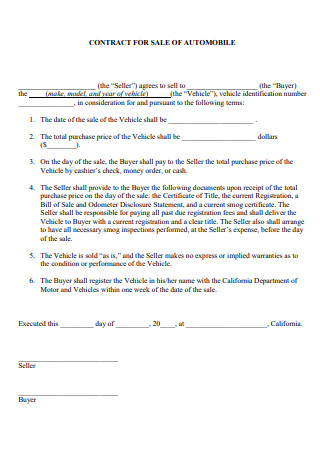
Contract of Sale of Automobile
download now -
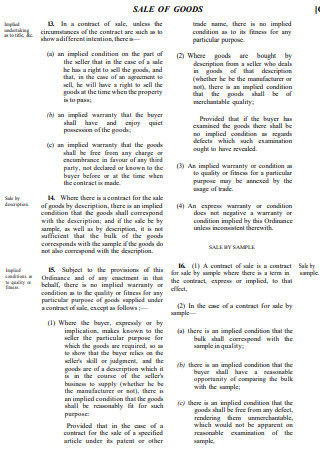
Sale of Good Contract
download now -
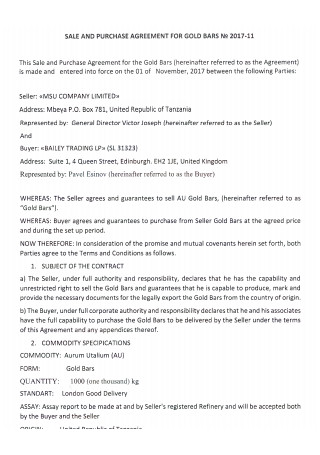
Sale of Purchase Agreement
download now -
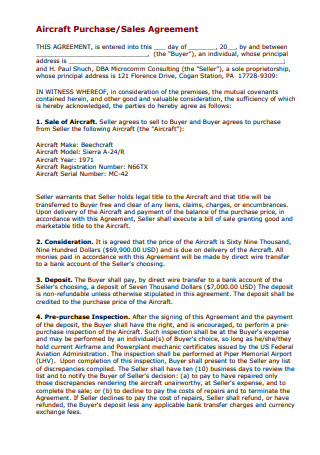
Aircraft Purchase and Sales Agreement
download now -
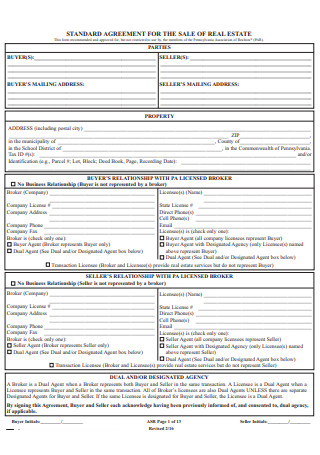
Standard Agreement for the Sale of Real Estate
download now -
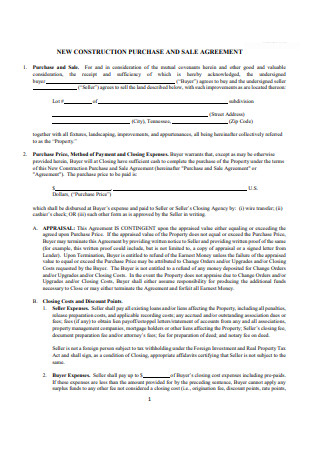
New Construction Purchase and Sale Agreement
download now -
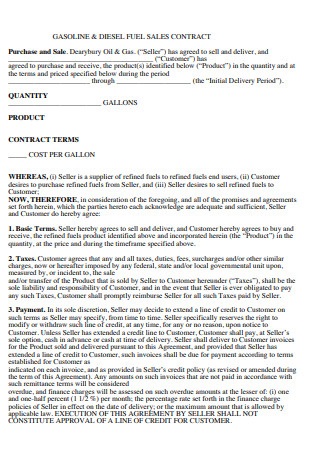
Gasoline and Diesel Fuel Sales Contract
download now -
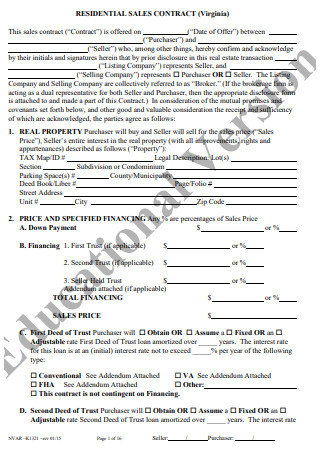
Residential Sale Contract
download now -
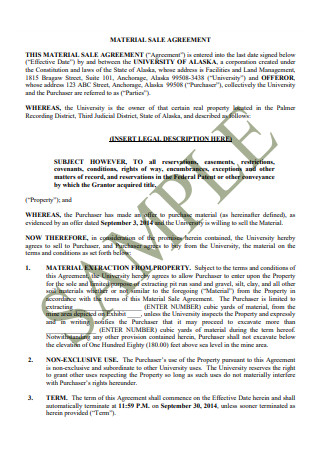
Material Sale Agreement
download now -
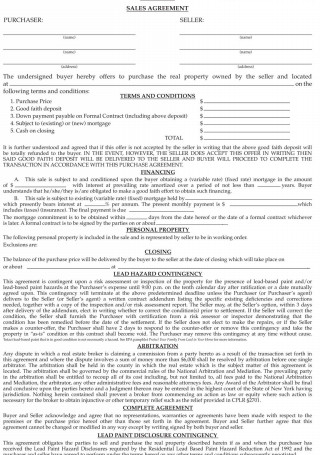
Sale Agreement
download now -
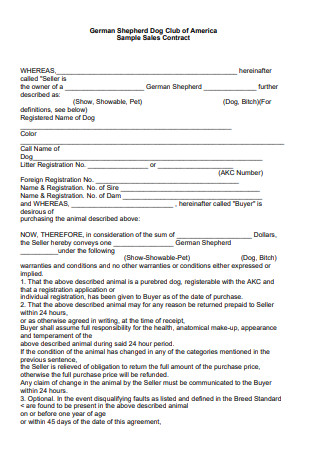
Sample Sales Contract
download now -
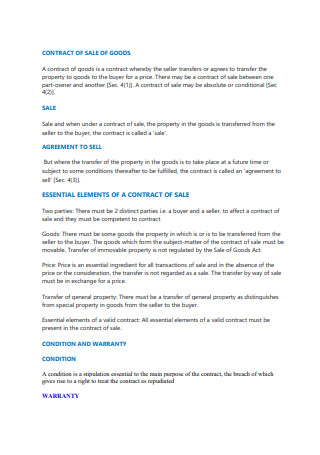
Contract of Sale of Goods
download now -
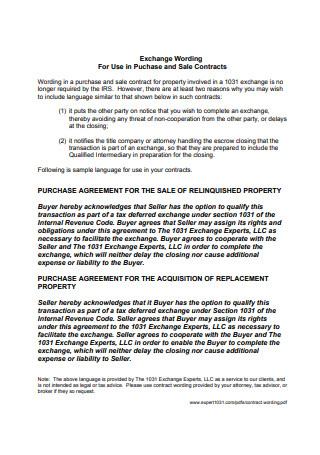
Exchange Wording For Use in Purchase and Sale Contracts
download now -
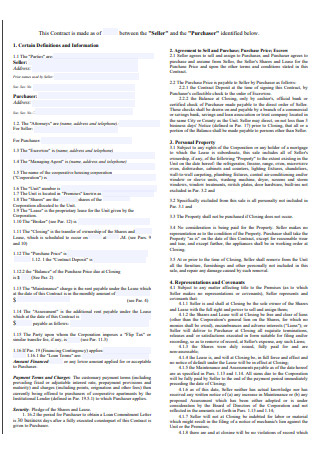
Contract of Sale and Cooperative Apartment
download now -
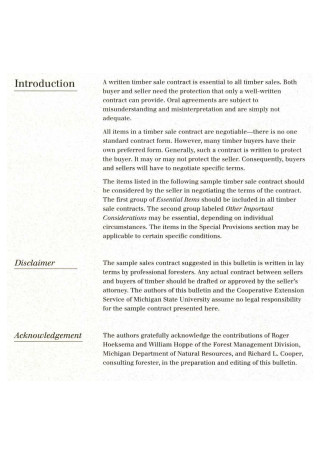
Timber Sales Contracts
download now -
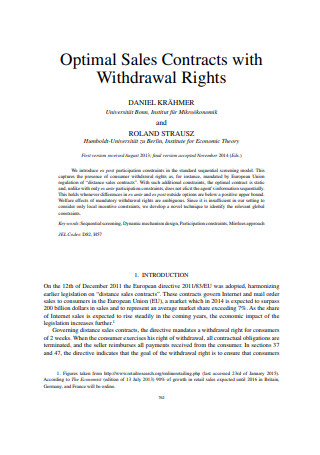
Optimal Sales Contracts with Withdrawal Rights
download now -
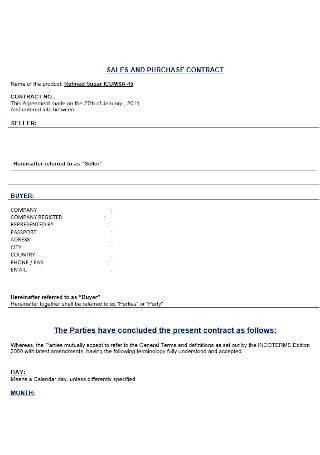
Sales and Purchase Contract Template
download now -
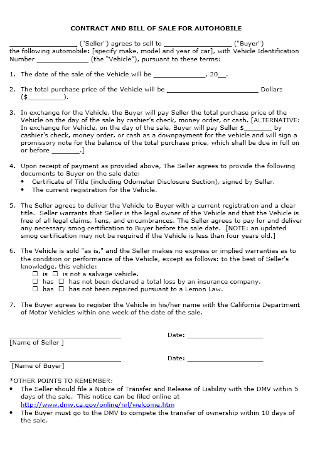
Contract and Bill of Sale for Automobile Template
download now -
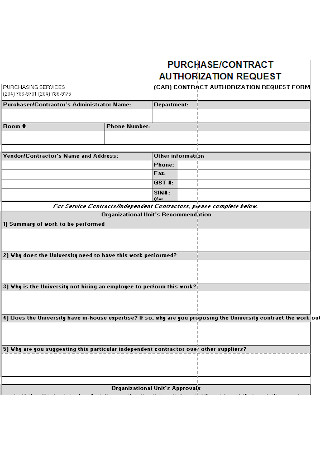
Sales Authorization Contract Template
download now
“Studies reveal that the contract process is the longest part of the sales cycle, lasting longer than 4 weeks.” (Source: SpringCM)
“47% of high-performing sales organizations think they need to adopt a process to streamline proposals, contracts, ordering, quoting, and sales collateral workflow.” (Source: Pipedrive)
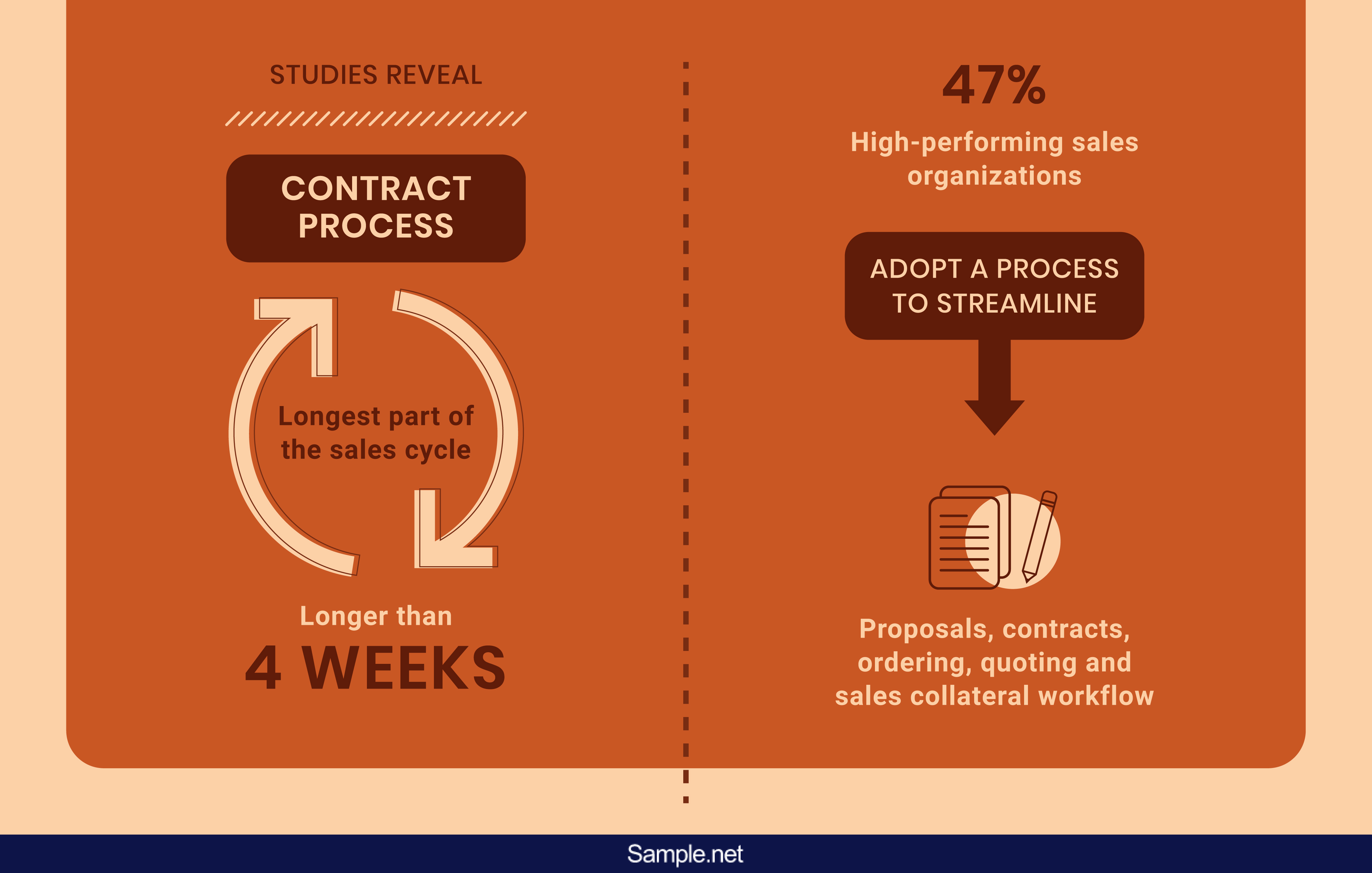
What Is a Sales Contract?
A sales contract spells out the rights, duties, and obligations of both the vendor and the buyer in a sales deal. It is used to govern the relationship between two parties to ensure that they remain committed to their responsibilities. Since a sales sample contract may involve the sale of goods, services, or real estate property, information regarding the transfer of ownership of assets is typically enclosed in the document. For the sales contract to be valid under state laws, certain elements must be satisfied. The elements of a contract include the following:
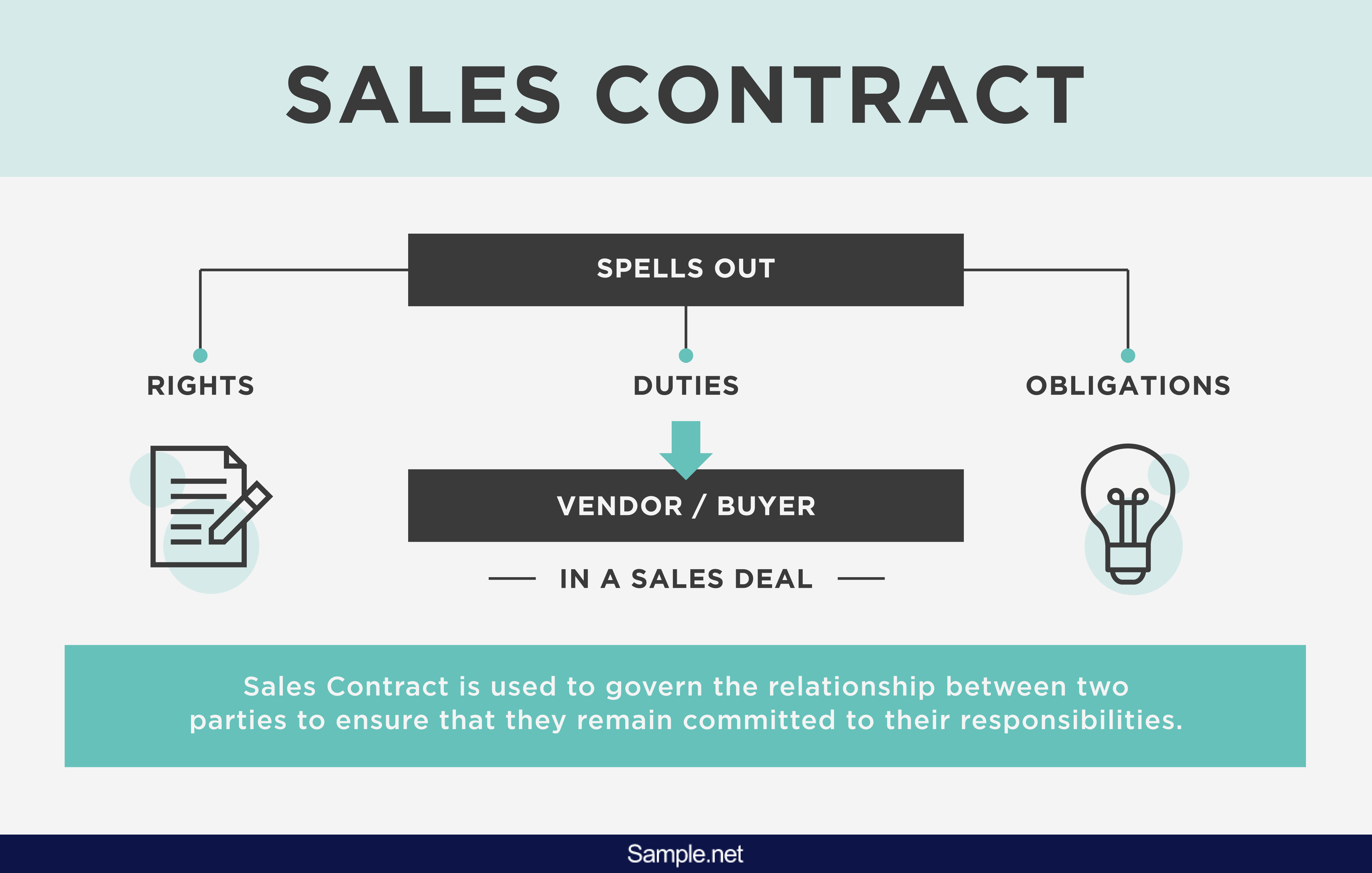
How to Create a Legally Binding Sales Contract
Sample Sales contracts outline the functions of both the seller and the buyer in a transaction. This includes information regarding each party’s rights and expectations in the agreement, which is why it is important to have the contract reviewed by a legal practitioner before it is signed. It’s always a safer bet to put your promise down in writing so it can be imposed in court. To find out what goes in a sales contract, refer to the steps below.
Step 1: Title the Contract and Begin with an Introduction
Create a title that clearly and specifically describes the contents of the sales contract. This will make it easy for you to identify the contract as you manage your business operation questionnaire. Begin the contract with a few sentences containing the names of the seller and the buyer, their roles in the agreement, and the date for when the contract was signed. Make sure that these details remain correct to avoid problems down the road.
Step 2: Write the Contact Information for Each Party
List the complete legal names of the concerned parties. Business affiliations, if an individual is transacting on behalf of a company, along with the nature of the business should also be included. Be sure to indicate the correct address of each party with the city, state, and zip code clearly specified. Take note of businesses that own multiple headquarters or those with different physical and mailing addresses, as you want to make sure you’re dealing with their main office and not their warehouse.
Step 3: Describe the Sales Transaction
Detail the transaction. Identify which goods are to be sold, as well as their means and date of delivery. In some cases, it might be necessary to state the condition or assembly of the goods being sold. Any additional information that the other party must be notified of must be specified in the sales contract.
Step 4: Input the Buyer’s and the Seller’s Expectations
Spell out what rights each party is entitled to and the duties that they are expected to fulfill. Payment specifics and return policies must also be indicated for clarification. The party that is liable for the items in transit should be made aware of their responsibility through the contract. Details in regards to any temporary credit, interest, and trial periods must also be stated in the document, including a brief explanation about what happens if a buyer fails to pay the full amount. To protect the rights of a seller in the arrangement, remember to point out when the legal control of the purchased items shift from the seller to the buyer. As for larger transactions, like in an auto sales contract, any titles, certificates, or paperwork that go along with the purchase should be included in the seller’s section.
Step 5: Provide a Section Where Both Parties Will Sign
The contract should have a part where both parties can sign. Like at the beginning of the document, the names of both parties and the date on which the contract is to be signed are drawn in one section. A blank or line should be placed above or next to each party’s name for the signature. However, the contract should not be signed until both the buyer and the seller have understood and accepted its terms.
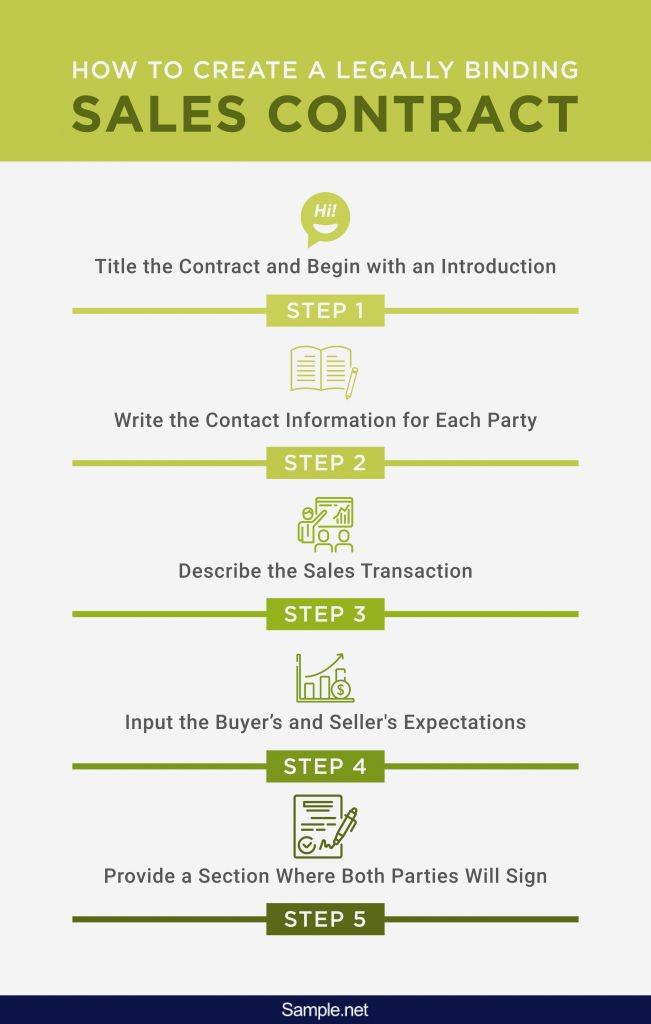
Sales Contract vs Sales Agreement
We sometimes use the terms sales contracts and sales agreements interchangeably because of how similar they are in purpose, while not knowing the key differences that set them apart.
An agreement denotes a mutual understanding between two or more parties in regard to their relative rights and responsibilities. Agreements are generally not legally binding as they do not comprise of the required elements to make them legally bound. This means that whether the agreement is verbal or in writing, it cannot be enforced in the court of law. For example, you and your partner agree on giving each other $100 by the end of the month. If you don’t and your partner decides to sue you for not meeting your end of the agreement, you won’t face any consequences since it’s impossible to sue for breach of a non-contractual agreement.
A contract, on the other hand, is a formal arrangement that binds parties into legal relations. Contracts are typically made when something of value is at stake. It involves the mutual exchange of promises that parties are obliged to act upon to prevent a dispute. When a vendor uses a sales contract to sell a property or item to a buyer, money is typically involved in the exchange. The terms of the contract are usually put in writing to protect each party from a potential loss.
The Dos and Don’ts of Sales Contracts
Now that you know how to draft a comprehensive contract to cover a sales deal, the next step is to enhance the quality of the agreement to make it more effective in its purpose. No matter what type of sales contract is needed, reaching a fair compromise among all parties is essential to foster positive relationships throughout the agreement. With all this in mind, there are few things to remember as you begin writing your sales contract.
What to Do
1. Do state the legal names of the parties involved.
The first paragraph of a sales contract should contain the complete legal names of the parties involved and the exact date that they enter into the agreement. For individuals, this includes their first and last name, the address where they currently reside, and their contact information. When entering into a contract with a corporation, you might want to confirm matters with the Secretary of State in the state where the corporation is incorporated to verify its correct legal name. Contracts that bear the incorrect names of at least one of the concerned parties can be difficult to enforce in court.
2. Do use a clear language.
Effective contracts are clear, direct, and precise in form. Contrary to what many believe, ‘legal’ language is not an inevitable part of contract writing. Contracts that are difficult to understand will only lead to problems later on. If necessary, it’s a good idea to have the other party rewrite the language of your sales contract and to provide examples for sections that may be confusing to the reader.
3. Do be careful of vague or non-specific statements.
Though using a contract template can be beneficial in more ways than one, be wary of the gaps in the contract that aren’t entirely applicable to your sales agreement. This could either confuse your reader or put you in a vulnerable position. You also want to avoid words that can have more than one meaning, as parties may interpret these terms differently than what you intended. Instead, be specific with what you mean and be cautious of your word choice.
4. Do define words and remain consistent.
When in doubt, define words that are unfamiliar to the average reader. You also need to be consistent with the words you use to maintain clarity. For instance, if you use the word “goods” to describe the furniture items in a real estate sales contract, do not refer to them as “items” at the later part of the document. Consistency is one way to eliminate confusion and misunderstanding from causing problems in the agreement.
5. Do make it simple.
Lengthy contracts are not only a bore to read, but they also leave room for misinterpretations. If there are provisions that you want to restate or reemphasize in the contract, avoid repeating them unless necessary. Saying the same thing multiple times in a different way will likely create ambiguity — which ultimately leads to confusion. It’s best to label sections with logical headings and to number each paragraph or clause accordingly for a quick reference.
6. Do seek legal advice where possible.
Any guidelines as to how a sales contract should be structured and written are merely tips that you can choose to ignore or apply to your agreement. However, every situation is different, and you may need to seek legal advice from an experienced professional to finalize the terms and conditions reflected in the contract. When possible, consult with a lawyer to discuss important matters in full detail. You can hire an attorney to review the contract and offer legal advice that is particular to your situation. Any questions or concerns that you want to clarify may also be addressed by a legal specialist.
What Not to Do
1. Don’t make changes without prior notice.
Once you have already negotiated on the terms of your agreement, anything that is added or modified right after must be memorialized in writing. Never sign a business contract unless you have reviewed the final copy. All parties should be informed of any changes in the contract, as this may cause disagreements in the future. A written amendment is necessary to ensure that these changes have been acknowledged by both parties and to prove that these terms are part of the sales contract.
2. Don’t rely on oral agreements.
The Statute of Frauds requires certain kinds of contracts to be written down for it to be enforced in a court of law. Cases that involve transferring the rights of land to a buyer and the sale of high-priced goods both apply to this circumstance. Though oral agreements are still acceptable these days, putting them in writing is highly advised to avoid disputes and to protect the best interests of your business. It’s best not to accept oral explanations or modifications unless they are documented on paper.
3. Don’t use overly long or complex sentences.
To ensure clear communication, keep the contract brief and concise. You can break down chunks of text into shorter, more manageable sections to avoid obscurities. Contracts that are easy to digest will help convey your thoughts accurately to everyone involved. The last thing you want to do is to confuse readers with a contract filled with wordy sections.
4. Don’t include unnecessary words or phrases.
Those who haven’t had much experience with contracts would assume that these legal agreements are excessively complicated for the average person to grasp. While we can’t deny the fact that contracts do seem intimidating due to how they are structured and worded, we must also point out how some people continue to include anything irrelevant to the contract for whatever reason they might have. If you want your contract to make sense to others, leave anything unnecessary out of the agreement.
5. Don’t fill the content with jargon.
In B2C and B2B transactions, there’s a chance you’ll enter into a sales contract with an individual or a corporation from a different field of expertise. Industry-specific terminologies often make it difficult for all parties to understand the business sales contract based on how the author intends to communicate. If you don’t completely understand the meaning of the word or concept, then it would probably be best to stick to something simpler. Including a definition for the technical terms that you do use is essential to put everyone on the same page.
6. Don’t sign unless you’ve understood and agreed to each term.
After weeks of preparations and negotiations, you find yourself nearing the end of the contract writing process. But don’t feel compelled to sign the contract unless you fully understand and agree to its terms. A signature and date in the final section of the contract indicate that you have accepted the terms and vow to execute your obligations as expected. So until you can finally come to a mutual agreement, refrain from signing anything in the document.
Creating a sales contract may seem intimidating at first, but you’d be surprised by how easier it is if you employ the right tactics. Should you find yourself in need of a contract ASAP, resources like a sales contract template and a sales agreement template will make the experience all the more bearable. Be sure to customize the content of the material to suit your exact needs, and you should be settled.
